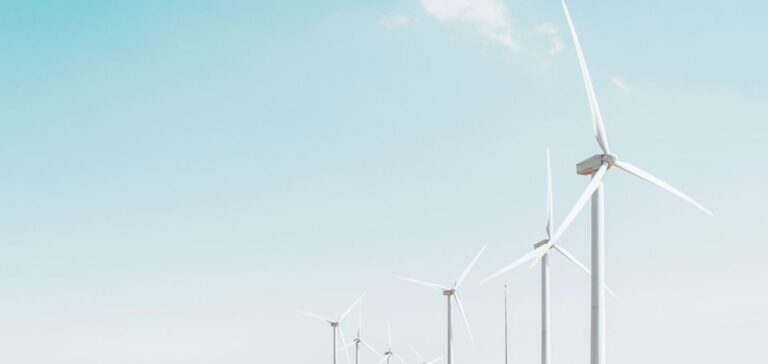On the Causse d’Aumelas plateau, west of Montpellier, the 31 wind turbines that have been in operation for nearly twenty years are at the centre of an unprecedented legal case. EDF Renouvelables France and several operators of this wind farm stand accused of destroying protected species, particularly lesser kestrels and bats. The Montpellier criminal court is expected to deliver its verdict on Monday after an investigation revealed a significant number of collisions between these birds and the turbine blades.
A legal and financial challenge
At the origin of this case, the environmental organisation France Nature Environnement (FNE) Occitanie Méditerranée filed a direct summons against EDF Renouvelables and its partners, arguing that the deterrent systems installed at the site are insufficient to prevent bird mortality. During the December hearing, the prosecution requested fines of €750,000 for each company involved, including €500,000 suspended. Bruno Bensasson, former chairman and CEO of EDF Renouvelables until March 2024, faces a six-month suspended prison sentence and a fine of €150,000, of which €100,000 is suspended.
Documented avian losses
Specialists estimate that between 150 and 300 lesser kestrels may have died at the base of the wind turbines since the farm’s commissioning, far exceeding the 70 carcasses officially recorded. This excessive mortality is believed to have slowed the growth of the species at the site by 22%, despite it being one of the few nesting areas for these birds in France.
EDF Renouvelables claims to have invested €2mn since 2020 to enhance deterrent systems and reduce the impact of wind turbines on local wildlife. “In 2022 and 2023, only four fatal collisions were recorded, compared to two in 2024,” a company spokesperson stated, highlighting improvements in prevention measures.
Previous legal rulings
This criminal trial follows a civil conviction of EDF Renouvelables in 2021 by the Versailles Court of Appeal. At the time, the judiciary found the company responsible for the deaths of 28 lesser kestrels and noted the ineffectiveness of the electronic deterrent system implemented in 2014.
The key issue revolves around the absence of a prefectural exemption, which would have authorised a limited number of avian fatalities. EDF Renouvelables has not yet applied for such an exemption, a move deemed risky by FNE, which suspects the company is trying to avoid a potential rejection by the authorities.
A case setting a legal precedent
Beyond the Aumelas case, the challenge of balancing renewable energy development with biodiversity conservation is also at the centre of another ongoing trial. The same Montpellier court is set to rule on Wednesday on the Bernagues wind farm, operated by Energie Renouvelable du Languedoc, a subsidiary of Valeco, which has been implicated in the death of a golden eagle. The prosecution has also requested significant fines against the operator.
As the wind energy sector continues to expand, these judicial decisions could redefine developers’ obligations regarding wildlife protection and influence future projects in natural areas.






















